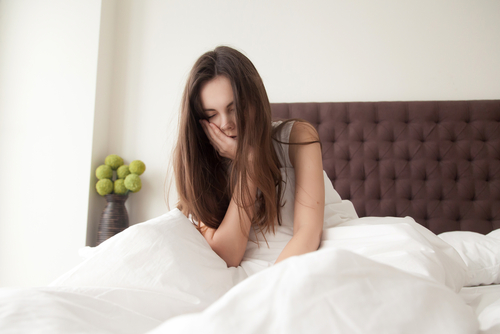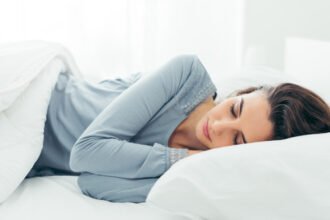The impact of sleep deprivation has been studied many times. One area that has received little attention is how sensitivity to pain is influenced by a lack of sleep. The Integrative Pain Institute says that this can be a major problem for anyone dealing with chronic pain. It creates an unstoppable vicious cycle. Here’s what you need to know about how sleep deprivation influences sensitivity to pain.
What Actually Happens?
You’re not going to experience excruciating pain because you didn’t get enough sleep. Continual sleep deprivation, however, manifests itself in different ways. People with old injuries may find that they experience additional discomfort, for example. The most common type of pain experienced is nighttime heartburn. Many people place this down to something they ate, when it’s due to a lack of sleep.
Why Does Pain Sensitivity Increase?
This is an area of science still under deep study. Not everything is understood. However, what we do know is that pain is not just physical, it’s also the perception of the pain that increases or decreases discomfort. Studies have been performed into the effects of sleep deprivation. One published study in JNeurosci revealed that adults who sleep less receive a greater reaction in the brain when they’re exposed to pain. It demonstrates that the brain amplifies the pain signal when it lacks sleep. For now, we don’t know exactly why this is the case. But we have proof that it does happen.
How Does Sleep Deprivation Effect Chronic Pain Sufferers?
This issue is largely studied in relation to those suffering from chronic pain. Chronic pain is essentially an issue of something called central sensitization. In other words, your body is turning up the strength of your pain receptors. Scientists don’t know how this works. The same goes for its relationship to sleep. We do know, however, that a lack of sleep increases the strength of the central sensitization response. Countless studies have demonstrated this.
Why is this Important for Chronic Pain Sufferers?
It tells us a lot about sleep deprivation and chronic pain sufferers. But what it illustrates is that combatting sleep deprivation must be factored into diagnosis and treatment of major illnesses. For example, many well-known medications do disrupt sleep cycles. Insomnia is not an uncommon side effect. Unwittingly, these medications designed to help could be worsening symptoms and making patients feel more uncomfortable.
How Can You Stop an Increased Sensitivity to Pain?
Luckily, the treatment for most people is quite simple. Make sure you’re getting the required seven to nine hours of sleep per night. This sleep should be of a high quality, so you’re rested and ready to go each day. It includes getting the right mattress, reducing noise, and avoiding too many electronics in the bedroom.
Final Thoughts: The Sleep and Pain Connection is Vital
This area of scientific study is a brand-new area of science with so many mysteries to explore. We know there’s a connection, but we have yet to work out the “why.” Are you suffering from increased pain sensitivity due to a lack of sleep?









